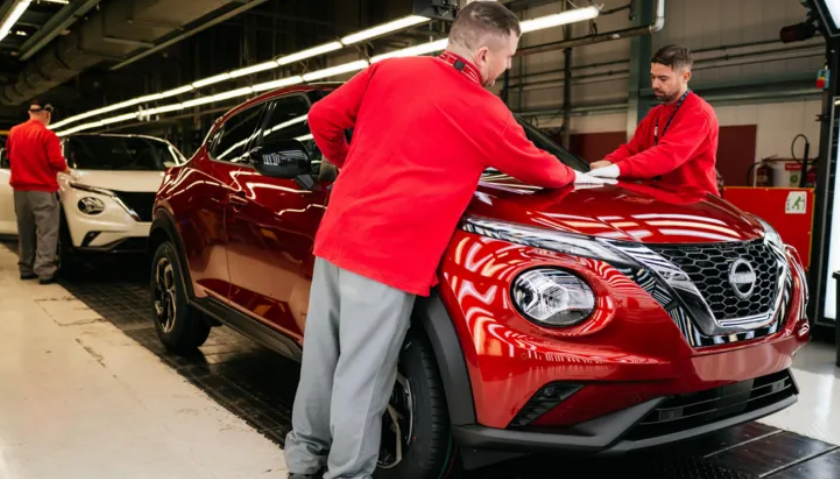Japanese automaker Nissan is considering expanding its partnership with Chinese state-owned manufacturer Dongfeng to include shared use of factories around the world, the company confirmed this week. The potential move comes as Nissan embarks on a sweeping overhaul of its global operations, which includes cutting 11,000 jobs and shutting down seven manufacturing plants.
In an interview with the BBC, Nissan executives indicated that Dongfeng, which already works closely with Nissan in China, could be integrated into Nissan’s broader international production ecosystem. The two firms have collaborated for over two decades, primarily in the city of Wuhan, but the partnership could now extend far beyond Chinese borders.
The announcement follows a turbulent period for Nissan, which has faced weak sales in major markets like China and the United States. Earlier this week, the company revealed it would reduce global production by 20% as part of cost-saving efforts. The cuts come on top of 9,000 layoffs announced last November, bringing total job losses to around 15% of its global workforce.
Despite the restructuring, Nissan reassured that its UK operations remain secure for now. Speaking at a Financial Times conference on Thursday, Nissan’s Chief Operating Officer Ivan Espinosa emphasized the company’s continued investment in its Sunderland plant. “We have announced that we are launching new cars in Sunderland… In the very short term, there’s no intention to go around Sunderland,” Espinosa said.
The Sunderland plant, which employs roughly 6,000 workers, recently saw a £1 billion investment through Nissan’s battery partner AESC, supported by the UK government. The new battery facility will support production of electric models such as the Juke and Leaf. UK Chancellor Rachel Reeves hailed the investment as a win for the region, saying it would bring “high-quality, well-paid jobs to the North East.”
The news of a deeper partnership with Dongfeng comes amid heightened scrutiny of UK-China trade relations. This week, the UK government denied claims that a recent trade agreement with the US—designed to ease tariffs on metals and cars—was aimed at curbing Chinese investment. A Chinese embassy spokesperson warned against any deal “at the expense of China’s interests,” saying China would respond if necessary.
Nissan’s struggles have also been compounded by leadership upheavals and the collapse of merger talks with Honda earlier this year. Former CEO Makoto Uchida was replaced by Espinosa after negotiations failed over a proposed multi-billion-dollar tie-up.
Meanwhile, Nissan reported a net loss of 670 billion yen ($4.6 billion) for the year, citing sluggish global sales and the lingering impact of U.S. tariffs.
As the company repositions itself in a fast-evolving automotive industry, partnerships like the one with Dongfeng may play a crucial role in reshaping its global strategy.


